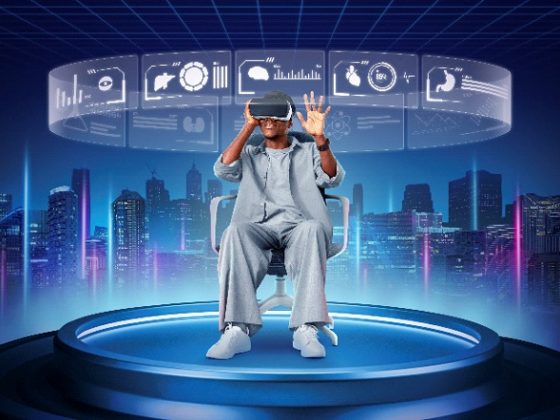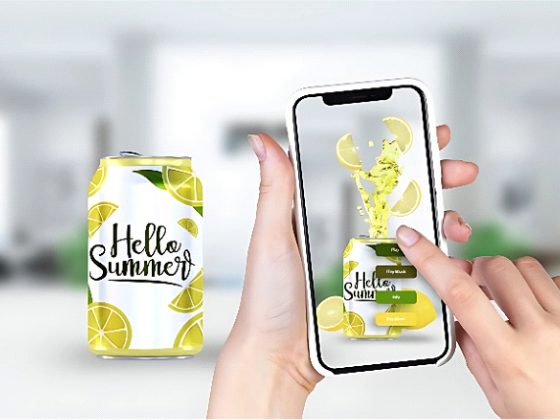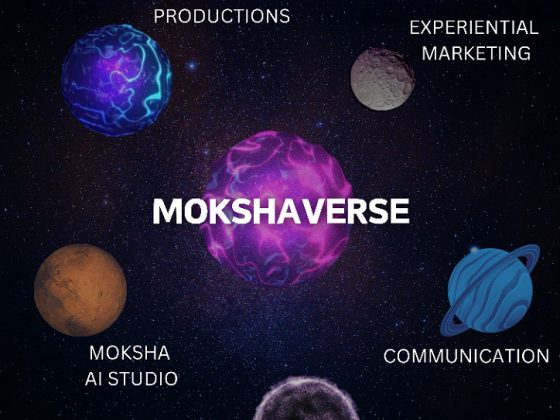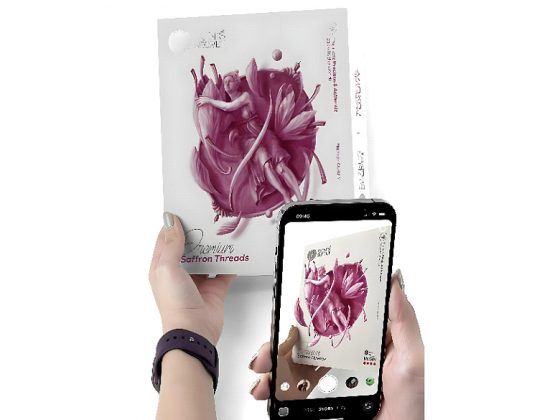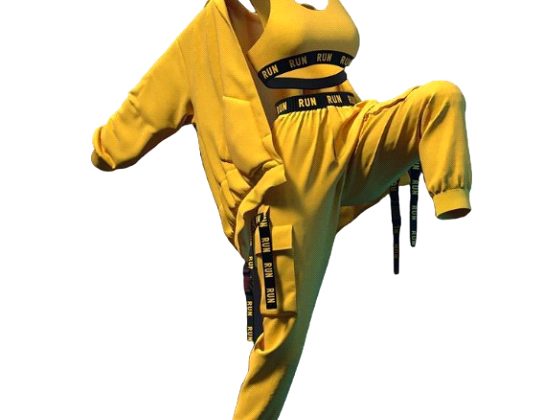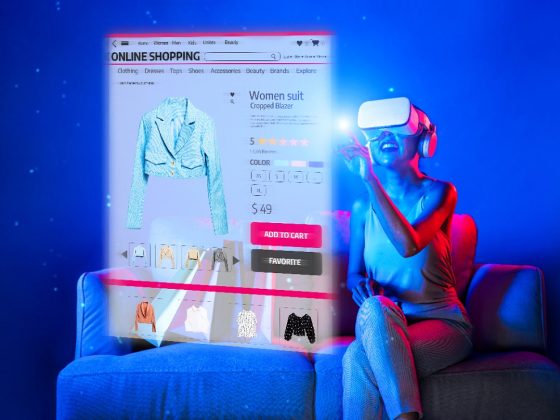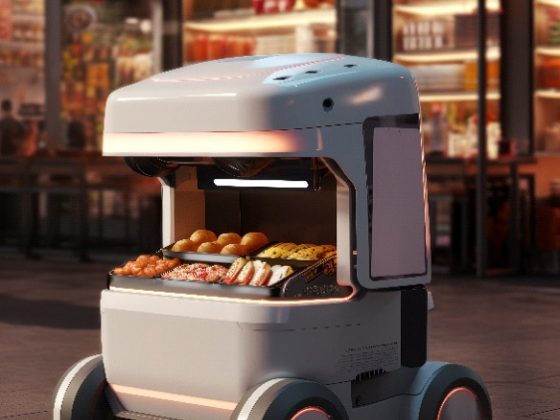Moreover, integrating AR and virtual reality (VR) technologies will create immersive experiences that allow consumers to interact with virtual influencers in real-world settings. AR- enhanced campaigns, like Balenciaga’s virtual fashion shows, provide a glimpse into how brands can build deep, emotionally resonant connections through interactive digital events. In the FMCG sector, AR-powered virtual influencers could demonstrate product use in home environments, allowing consumers to visualise how products fit into their lifestyles and enhance engagement and conversion rates.
As virtual influencers gain traction, FMCG brands recognise their value in creating personalised, authentic experiences. By integrating predictive analytics, real-time data, and AI, brands can maximise the potential of virtual influencers to engage audiences with tailored, relevant content. In fact, studies show that personalised digital experiences can increase customer satisfaction by 40% and improve customer loyalty by 30%, underscoring the importance of a data-driven approach to virtual influencer marketing.
For FMCG brands willing to adapt, virtual influencers offer a powerful tool for driving engagement, brand loyalty, and consumer trust. Virtual influencers are poised to redefine how FMCG brands communicate, interact, and build lasting relationships with their audiences in a landscape increasingly shaped by digital interactions and data-driven insights.




